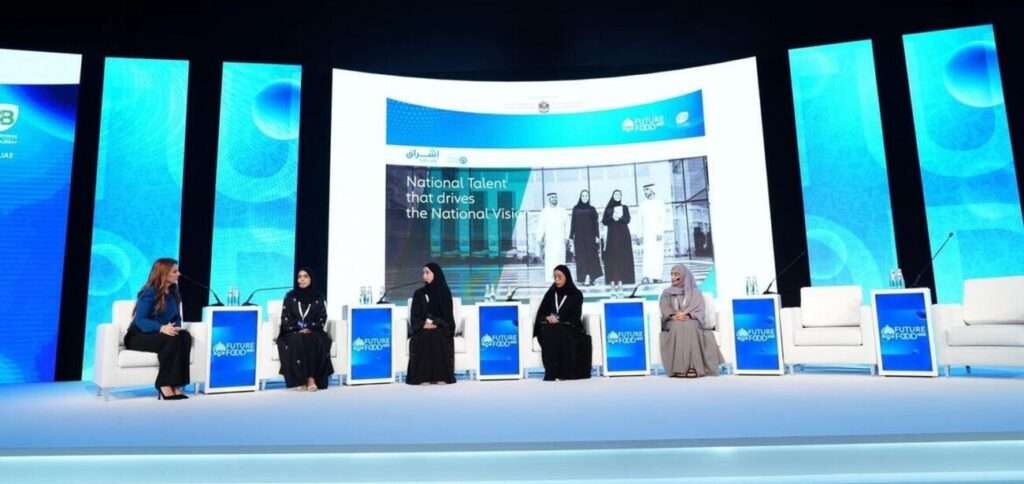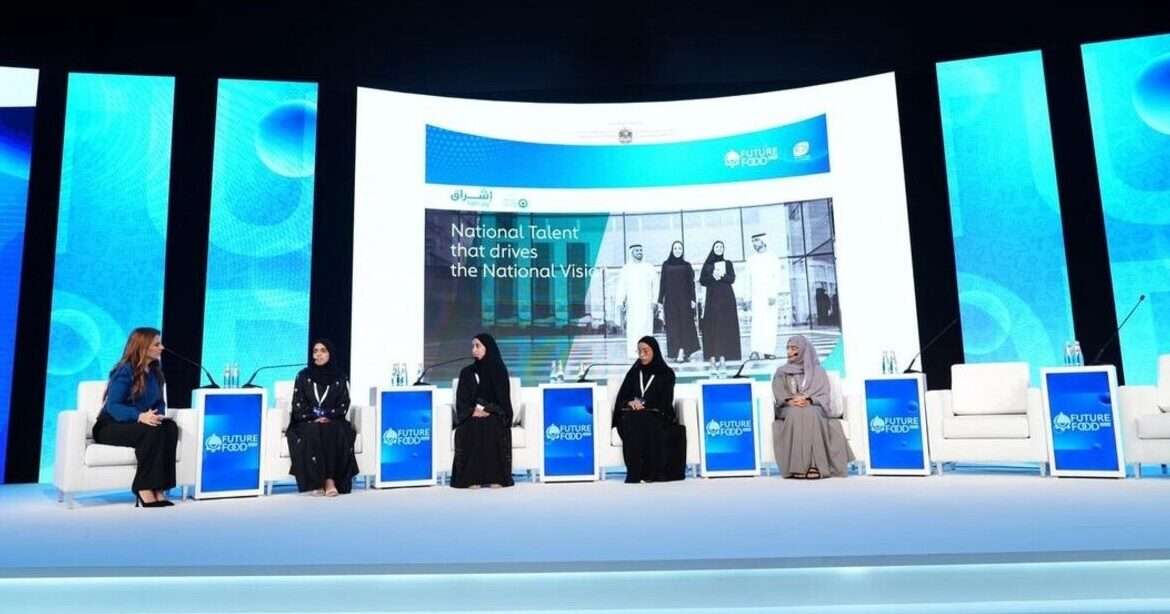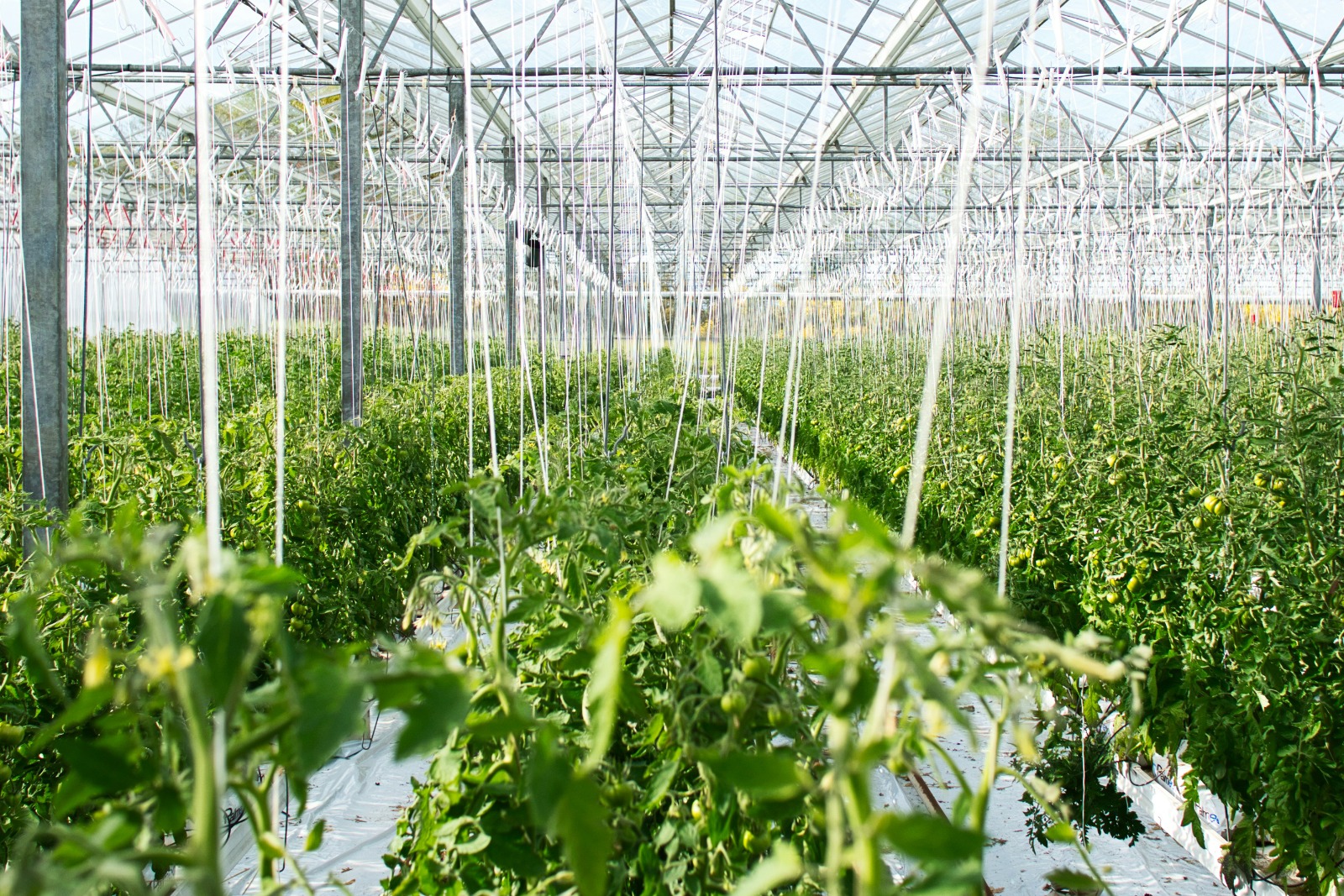Emiratisation and the Transformative Role of Ishraq in the UAE Food Industry

Emiratisation, a strategic initiative by the UAE government, aims to enhance the participation of Emiratis in the workforce. In this context, the Ishraq program, a collaborative effort between the Dubai Human Resources Development Council and the UAE Food and Beverage Business Group, plays a pivotal role in empowering the youth to excel in the dynamic food industry.
The National Food Strategy 2051, a visionary initiative, sets the ambitious goal of establishing a global-scale food production and distribution capacity. At the heart of this strategy lies a commitment to ensuring food security and availability for the nation. The scale of this endeavour is reflected in the industry’s substantial size, standing at AED 43.2 billion in 2022, with a projected Compound Annual Growth Rate (CAGR) of 5.13% from 2023 to 2028. This trajectory is anticipated to catapult the market value to an impressive AED 65.9 billion by 2028.
Emiratisation refers to the strategic drive to increase the participation of Emirati nationals in the workforce. It is a key component of the UAE National Development Pathway, and its significance lies in fostering economic growth, social stability, and sustainable development.
The food sector’s significance extends beyond monetary metrics, serving as a key driver of both economic growth and employment. Currently employing over 56,000 people directly and indirectly, the sector boasts 568 Food and Beverage factories and 195 Commodity Product factories, showcasing the diversity and depth of its contributions. A significant portion of the workforce, 15,000 individuals, is directly employed in food processing, underscoring the sector’s integral role in the UAE’s industrial landscape. In addition, the USD 5.9 billion size of the UAE retail market further accentuates the sector’s economic influence, illustrating its connection to consumer trends and preferences.
Emiratisation is crucial for several reasons. Firstly, it promotes national identity and preserves the cultural fabric by ensuring Emiratis actively contribute to the nation’s prosperity. Secondly, it addresses unemployment concerns among nationals, fostering a sense of pride and responsibility.
The importance of Emiratisation is particularly evident in the food industry. Ishraq focuses on developing essential skills and knowledge, emphasizing innovation, sustainability, and industry readiness. This approach aligns with the UAE’s goal of having 5% of the workforce in the food sector comprised of Emiratis within five years.
Despite the benefits, food companies encounter challenges in implementing Emiratisation. Conventional hiring practices often lack local context, leading to mismatches between candidates and industry requirements. Ishraq addresses this by providing a shared learning platform that accelerates candidate fitment through orientation, exposure, and data-driven decision-making.
Youth entering the food industry in the UAE and GCC face challenges such as a lack of awareness about career options, unscientific profiling, and non-serious candidates. Ishraq addresses these challenges by offering an accelerated learning and development track, ensuring real capacity building supported by industry experts.
Ishraq serves as a transformative experience, bridging the gap between companies and job seekers. Its platform-driven, highly structured approach ensures measurable progress and constant monitoring. The commitment to mentorship and learning content development further enriches the program.






